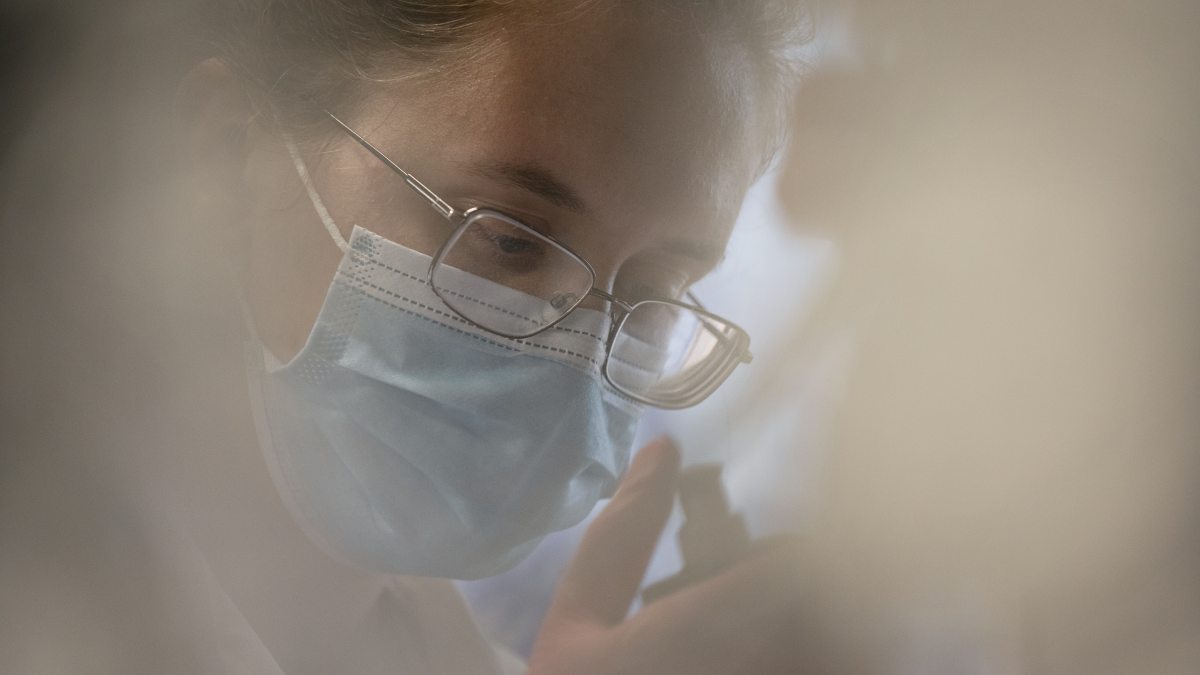A message from the chancellor: Making cancer treatable
Our researchers are recognized as innovators and our university is a place that can help make cancer treatable.

Dear Carolina Community,
Everyone knows someone who has felt the impact of cancer. From grandparents to children, loved ones and neighbors, even if we haven’t experienced it personally, we know the deep tragedy and horrific pain caused by this disease. Curing cancer is one of the biggest challenges of our world today.
Carolina is helping to lead a national effort to end cancer in our lifetimes. We are working hard to turn cancer from a death sentence to something people can treat and hopefully overcome. Today, the Chief Science and Technology Advisor and White House Office of Science and Technology Policy Director Arati Prabhakar is visiting UNC Lineberger Comprehensive Cancer Center to meet with researchers from Gillings School of Global Public Health and UNC School of Medicine who are on the frontlines in this fight against cancer. She is coming as part of President Biden’s Cancer Moonshot goal of cutting the death rate from cancer by at least 50% over the next 25 years. Our researchers are recognized as innovators and our university is a place that can help make cancer treatable. We will get this done.
The work happening at UNC Lineberger is not just about saving lives in the future. It is about making a difference for the people of our state now. We are working in rural communities and through partnerships with Fort Bragg to reach underserved populations across our state. We are focusing on prevention, encouraging people to quit smoking, and conducting early screening efforts. Through studies that show the causes of cancer, we are working with people most at risk for developing cancer to prevent the worst from happening.
The differentiator between Carolina and other universities is our culture of collaboration. By working across disciplines, we can be innovative and see incredible opportunities that others miss. This collaboration extends not just across disciplines, but with the national, state and alumni funders who have partnered with us. Two examples of this: the North Carolina General Assembly made a commitment in 2007 with the University Cancer Research Fund to support our innovative work, and an anonymous donor gave $25 million to establish the UNC Lineberger Center for Triple Negative Breast Cancer, led by Dr. Lisa Carey.
We will be part of finding the solution to cancer in our lifetimes because of how we work together, and I am grateful to our researchers who foster this collaboration every day.
Sincerely,
Kevin M. Guskiewicz
Chancellor




